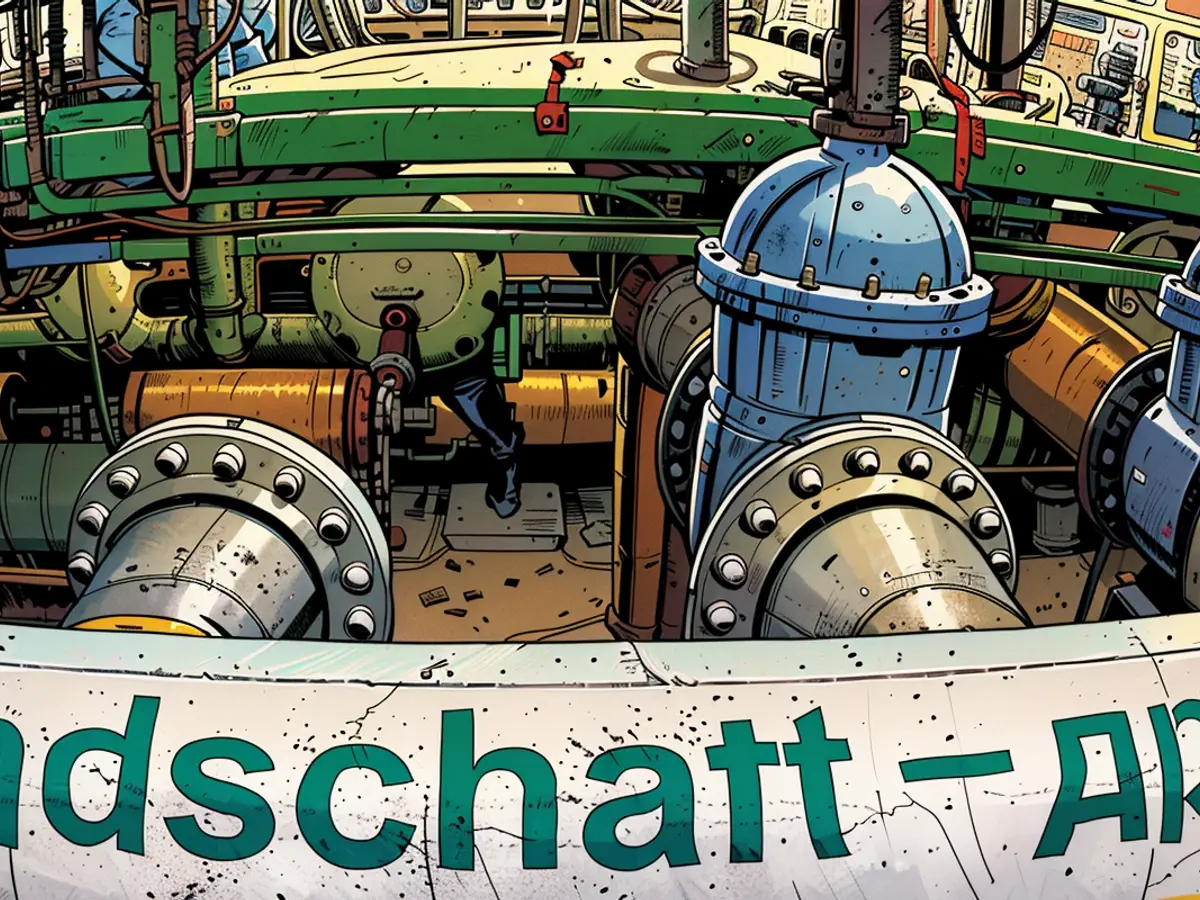- Kyiv advocates for ceasing oil and gas transport from Russia.
Ukraine's Presidential advisor, Mychajlo Podoljak, confirms to Nowyny.Live that Ukraine will no longer serve as a passageway for Russian oil and gas headed to the EU by New Year's Eve. The expiration dates of the related transit contracts fall on January 1, 2025, and there's no option for unilateral cancellation. Podoljak remarks, "By January 1, 2025, it will all come to a halt." Ukraine expresses readiness to facilitate gas transportation from Central Asian or Azeri countries to Europe. The primary objective for Ukraine is to curtail Russia's revenue derived from selling those resources.
The agreement for Russian gas transit through Ukraine to Europe, between Gazprom and Naftogaz, concludes on December 31, 2024. Despite the protracted conflict in Ukraine, sparked by Moscow more than two years ago, it's been honored mainly due to pressure from Ukraine's European allies, notably Hungary. Nevertheless, the Ukrainian authorities have consistently indicated their unwillingness to prolong this agreement. Most recently, President Volodymyr Zelenskyy reiterated this stance.
Recently, Russian oil deliveries via the Druzhba pipeline have only gone to Hungary, Czech Republic, and Slovakia. The pipeline's northern leg leading to Germany has largely become inactive due to Western sanctions. As reported by Russian media, the Caspian Sea subsidiary of energy provider Eni began pumping oil through the pipeline in August. This enables Russia to earn transit income, yet it prevents it from selling its own oil to the most financially rewarding European market.
The decision to end Russian oil and gas transit through Ukraine is aimed at reducing Russia's energy revenue. Despite the new agreement allowing Eni to use the Druzhba pipeline for oil transportation, Russia still misses out on selling its oil to the financially lucrative European market due to the pipeline's northern leg inactivity.








